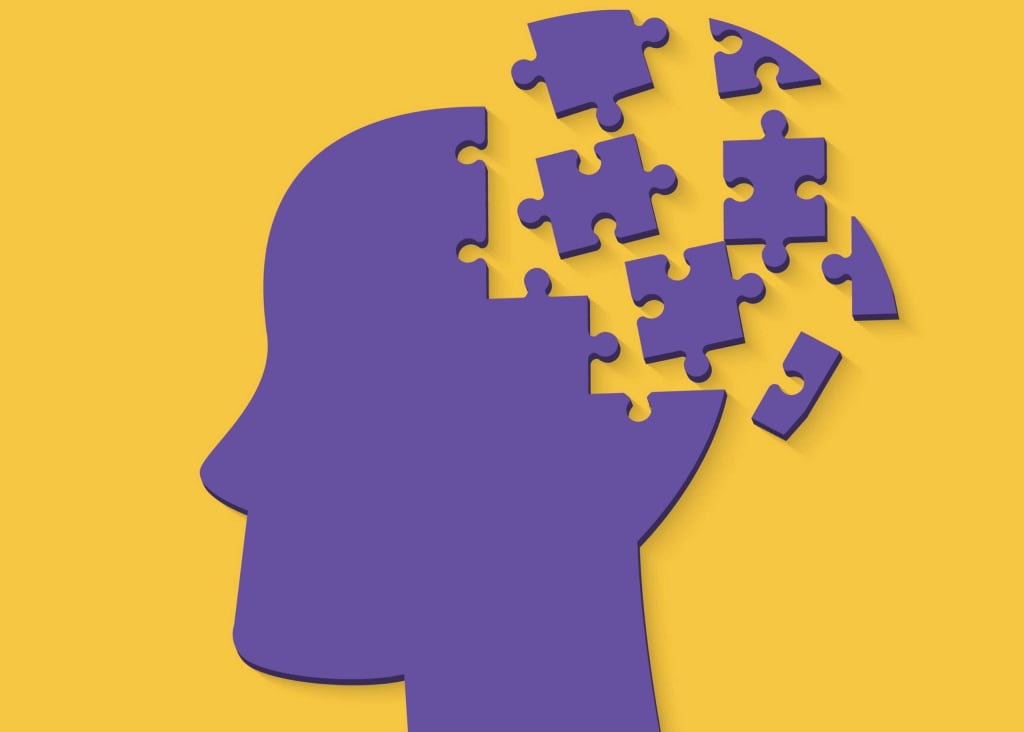Alzheimer's disease
Alzheimer's disease

Alzheimer's disease is a progressive neurodegenerative disorder that affects millions of people worldwide. It is the most common cause of dementia, accounting for up to 70% of all cases. Alzheimer's disease is characterized by the accumulation of abnormal protein deposits in the brain, which can lead to the loss of neurons and brain function over time.
The symptoms of Alzheimer's disease can vary depending on the stage of the condition. In the early stages, individuals may experience mild memory loss and difficulty with concentration and decision-making. As the disease progresses, symptoms can include confusion, disorientation, and difficulty with speech and language. In the later stages of the disease, individuals may experience difficulty with basic tasks such as dressing and eating, and may require round-the-clock care.
Although the exact causes of Alzheimer's disease are not fully understood, there are several risk factors that have been identified. Age is one of the most significant risk factors, with the risk of developing Alzheimer's disease increasing significantly after the age of 65. Other risk factors include a family history of the disease, certain genetic mutations, and lifestyle factors such as smoking, a high-fat diet, and lack of exercise.
There is currently no cure for Alzheimer's disease, and treatment is focused on managing symptoms and improving quality of life for individuals and their families. Some of the most commonly prescribed medications for Alzheimer's disease include cholinesterase inhibitors, which can help improve cognitive function and delay the progression of the disease. Other treatments may include antidepressants or antipsychotic medications to help manage behavioral symptoms such as agitation and anxiety.
In addition to medication, lifestyle changes can also play a significant role in managing Alzheimer's disease. Regular exercise, a healthy diet, and social engagement can all help improve cognitive function and delay the progression of the disease. It is also important for individuals with Alzheimer's disease to stay mentally and socially active, as this can help improve quality of life and delay the onset of symptoms.
Preventing Alzheimer's disease is another important area of focus, and there are several strategies that individuals can use to reduce their risk of developing the condition. Maintaining a healthy lifestyle is one of the most effective ways to reduce the risk of Alzheimer's disease, with regular exercise, a healthy diet, and avoiding smoking and excessive alcohol consumption all being important factors. Staying mentally and socially active can also help reduce the risk of developing Alzheimer's disease, as can managing chronic health conditions such as high blood pressure and diabetes.
In addition to managing symptoms and reducing the risk of Alzheimer's disease, there are also several support resources available for individuals and families affected by the condition. Alzheimer's disease can be a difficult and challenging condition to manage, and support from family, friends, and healthcare professionals can be invaluable in helping individuals cope with the physical and emotional demands of the disease.
Support groups and counseling services can also be helpful for individuals and families affected by Alzheimer's disease, providing a safe and supportive environment in which to share experiences and learn from others. Additionally, respite care and other support services can help individuals and families manage the practical challenges of caring for someone with Alzheimer's disease, allowing them to take a break and recharge.
In conclusion, Alzheimer's disease is a complex and challenging condition that affects millions of people worldwide. Although there is currently no cure for the disease, there are several treatments and strategies available to help manage symptoms and improve quality of life for individuals and their families. Maintaining a healthy lifestyle, staying mentally and socially active, and seeking support from healthcare professionals and support groups can all play a significant role in managing Alzheimer's disease and reducing the impact of the condition on daily life.
About the Creator
Doctor Nadia
I am a doctor and writer who has expertise in writing articles on different topics.






Comments
There are no comments for this story
Be the first to respond and start the conversation.